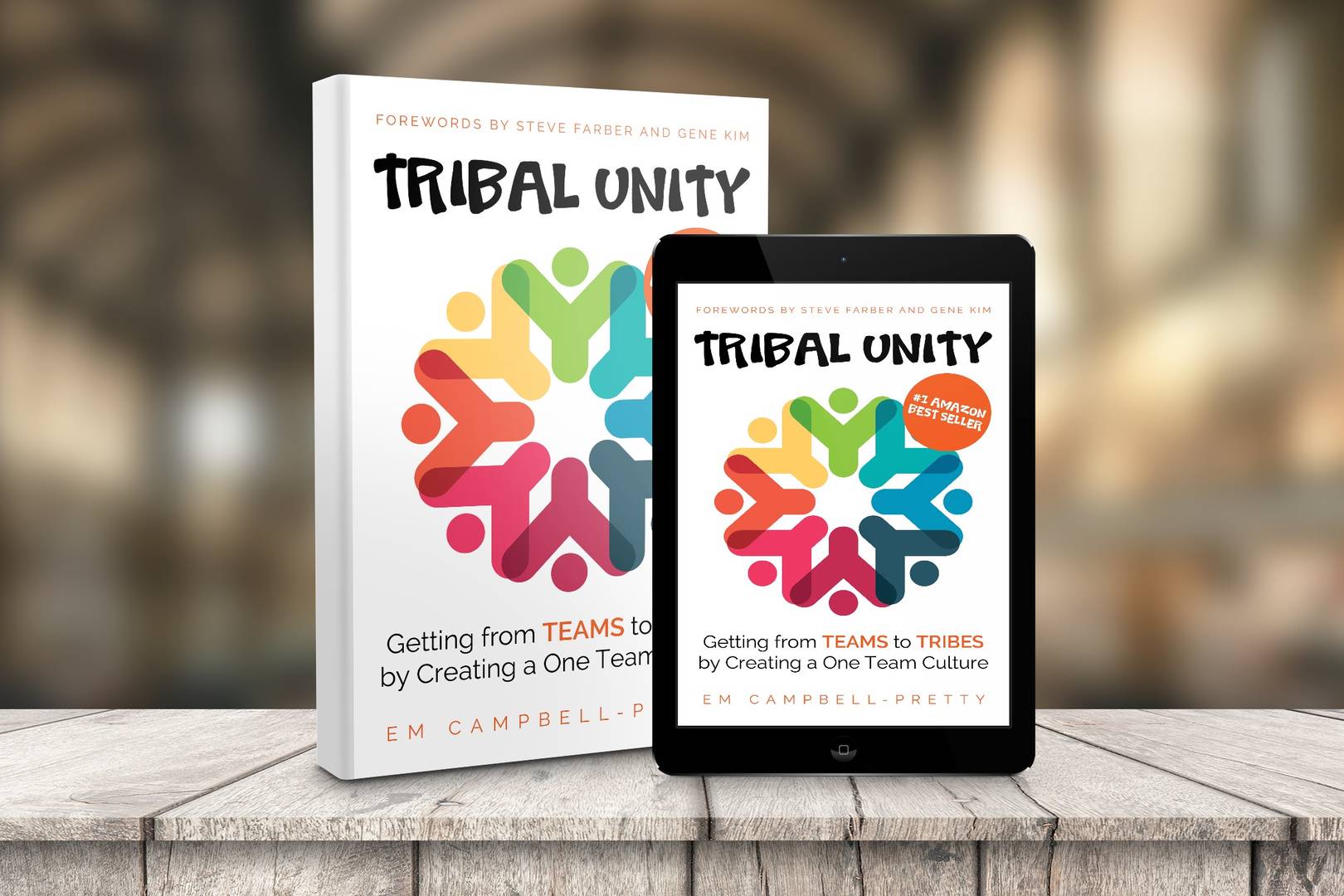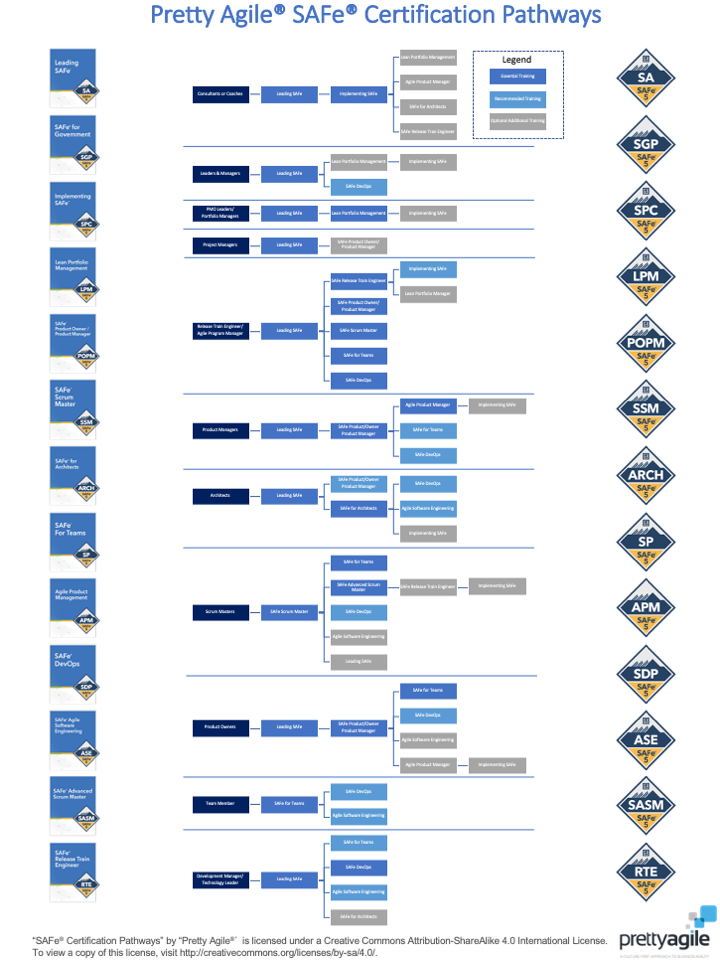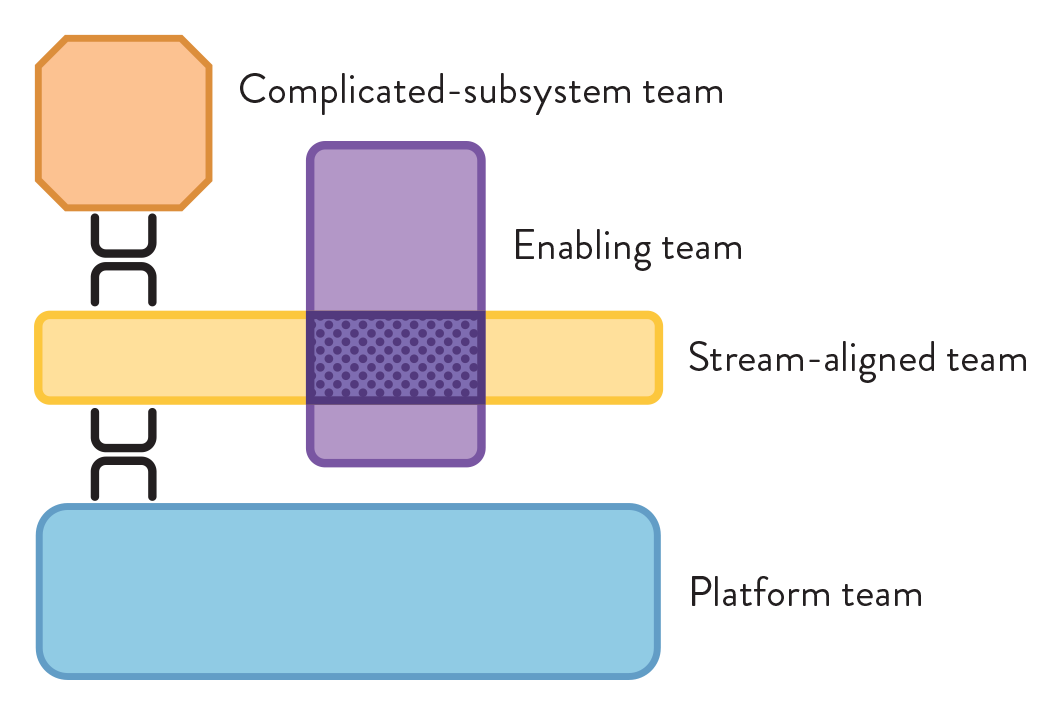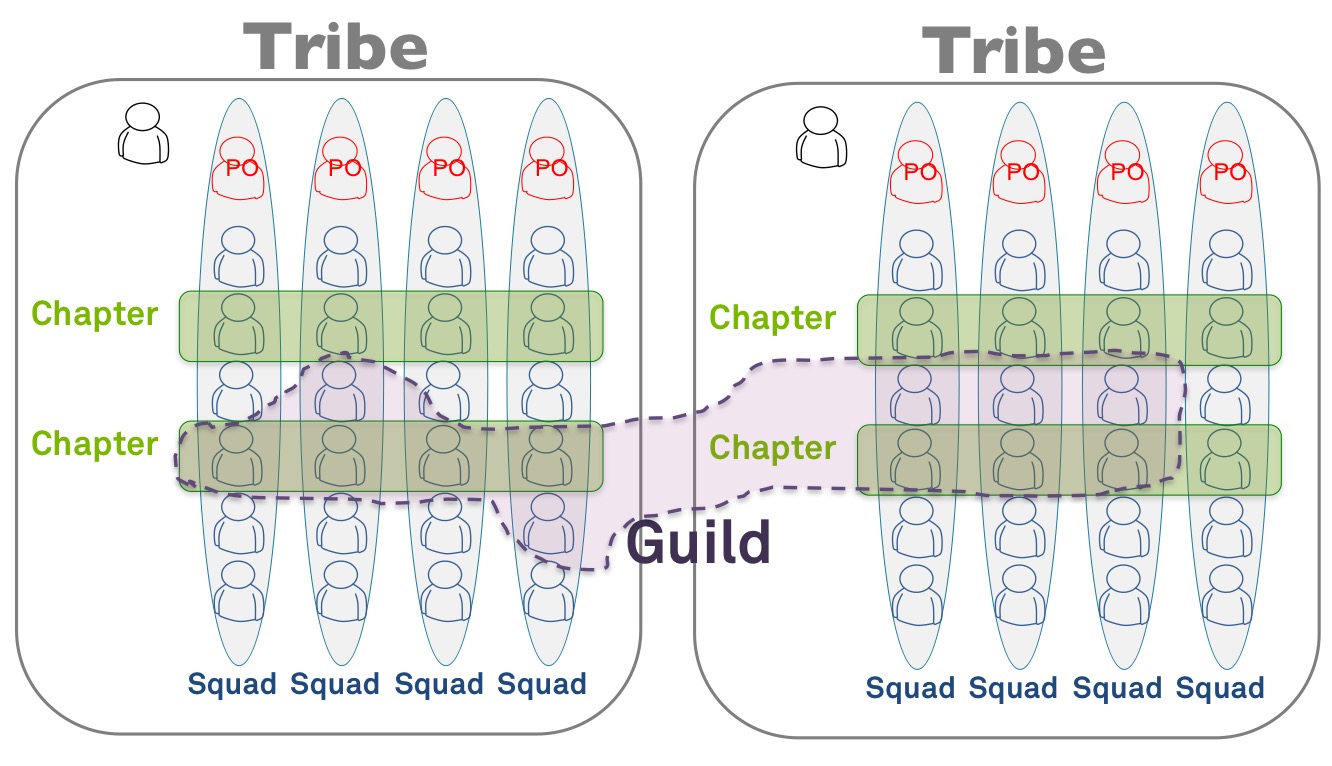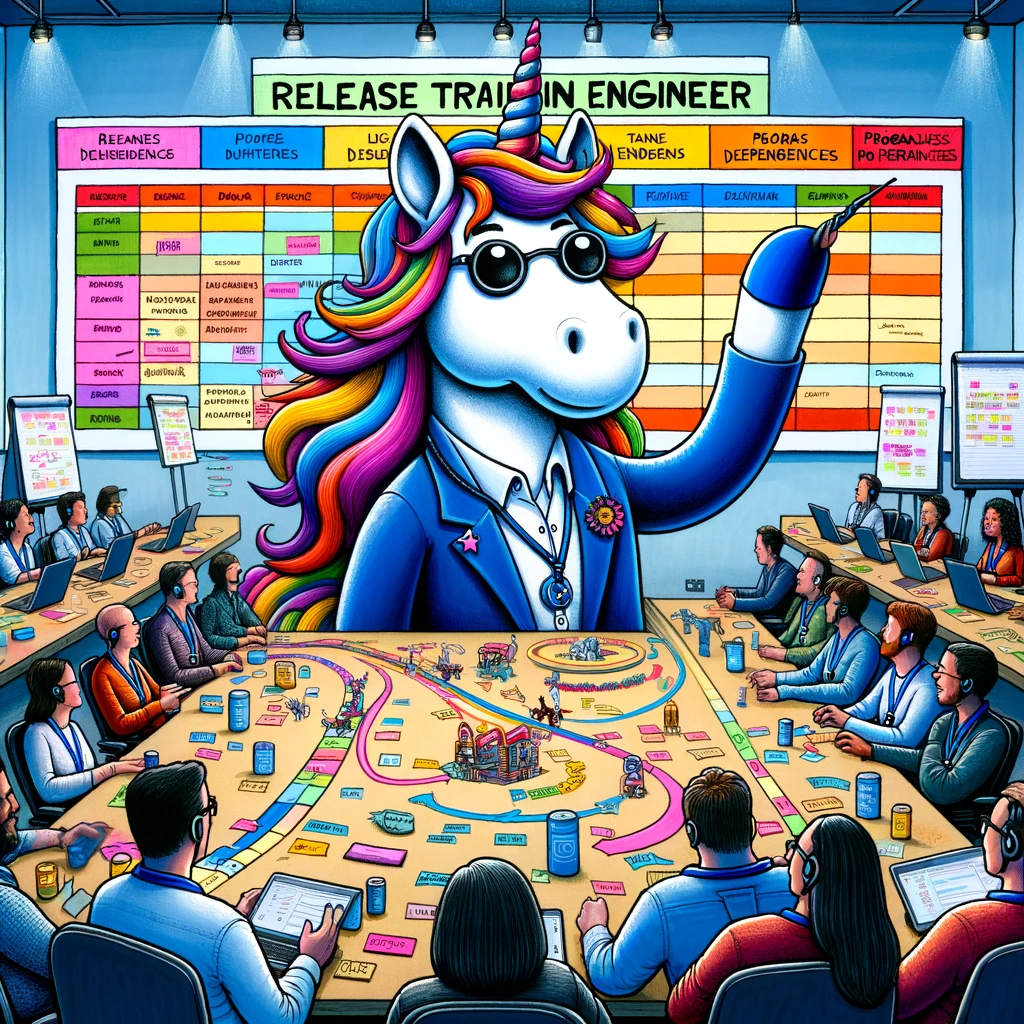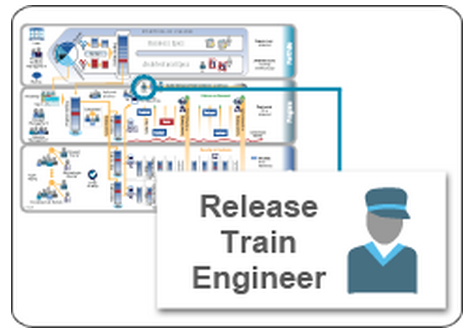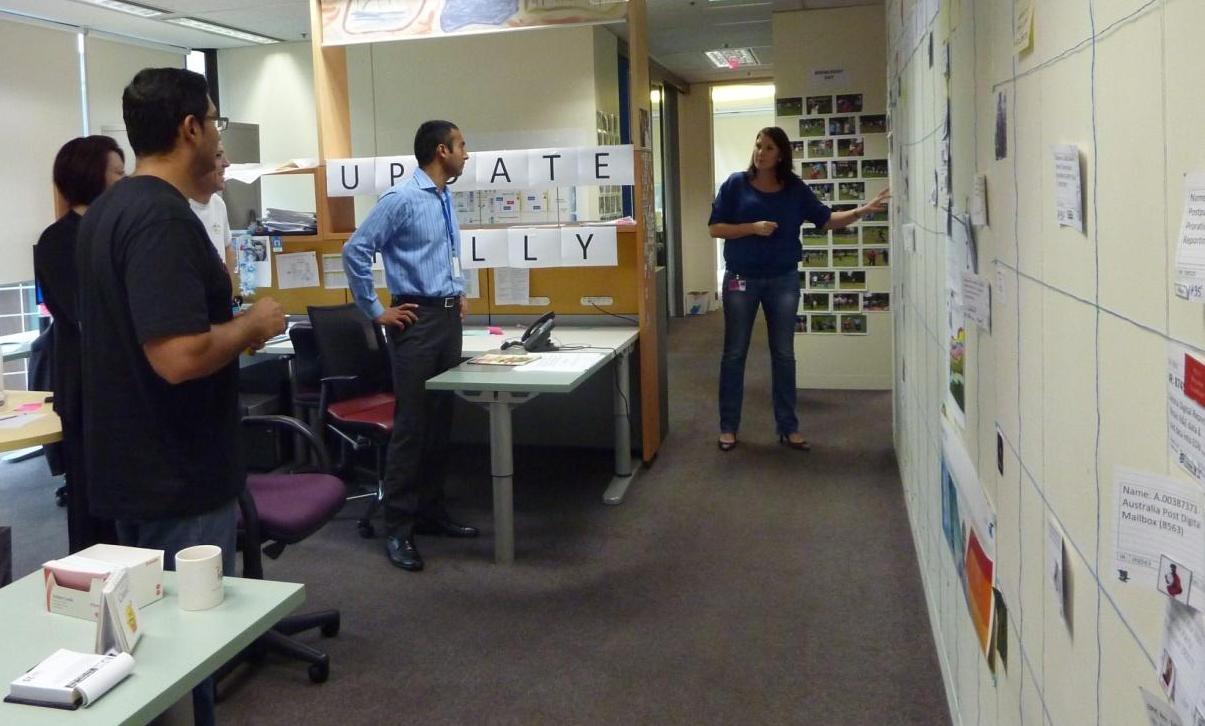- AI-Native Training
- SAFe Training
- Choose a Course
- Public Training Schedule
- SAFe Certifications
- Leading SAFe
- SAFe Scrum Master
- SAFe Product Owner/Product Manager
- SAFe Lean Portfolio Management
- SAFe Release Train Engineer
- Implementing SAFe
- Advanced SAFe® Practice Consultant
- Advanced Scrum Master
- SAFe for Architects
- SAFe for Hardware
- SAFe for Teams
- Agile Product Management
- SAFe DevOps
- SAFe Agile Software Engineering
- Leading SAFe for Government
- SAFe Micro-credentials
- Agile HR Training
Advice for Agile Coaches on "Dealing With" Middle Management
Over the past few months I have been fortunate to attend a number of Agile Conferences. A theme I observed, particularly in open spaces and social conversations, related to the role of middle management in an Agile Transformation. Questions like: what to do about Middle Management, how to deal with the "frozen middle" and what is the role of an Agile Manager kept coming up. To be honest the answers given often surprised me. The most common view I heard advocated is "get rid of them".
Strangely, I have also found I tend to be the only middle manager in the vicinity, or least the only one willing to own up to being a middle manager, when the topic comes up. Hence, I have been known to inject a different perspective into the conversation. What if middle management weren't a blocker to change, but actually the key to unlocking change? I have a theory that middle management lead change is often the most successful. As my boss always says, its the middle managers who actually make things happen across the company.
When working with development teams, the buy in of middle management is critical. Middle Management can be either a force for good or kryptonite to an agile transformation effort. If teams perceive that management does not support agile, how will they ever feel safe to experiment and risk failure? I have seen agile adoption attempted in organisations where management still holds a traditional mindset. It can be devastating for teams that have invested in agile values like transparency, to be reprimanded by management for exposing the truth.
So what should you do with middle management? In my view you need to embrace them. When I reflect on my journey, I am forever grateful to my coach for the time he put in to helping me learn. +Mark quickly established my "office hours", working out that I came in early and left late. He would drop by to chat either first thing or last thing and sometimes both ends of the day. In the beginning, he did more listening than talking as he invested his time in understanding what drove me and the organisation. While these days I am a huge advocate of the "seek first to understand" approach, at the time it would be fair to say that Mark's desired to understand drove me completely batty! (Much to his amusement.)
After what felt like an eternity, our discussions about what was puzzling me evolved to include observations he had made and advice for tackling challenges. Some days there was more laughter than advice and other days there were raised voices as opinions were passionately debated. Don't get me wrong Mark was not always right, and there were times I didn't listen to him and he was, but the time he invested in me as the "middle manager" of the group, allowed me to become an important part of the success of our agile transformation. (For those who are not familiar with this part of my journey, I shared how Mark used "embarrassing Em" to kick start our cultural transformation in a previous post.)
While my coach was lucky enough to have a willing middle manager to mentor, not everyone will have that good fortune. Some managers are going to find Agile threatening. Implementing agile most likely means change and no one likes having change done to them. In this scenario, rather than “pitching” Agile to resistant managers, perhaps consider the advice Dennis Stevens and Mike Cottmeyer, gave at Agile 2013 and don’t talk abut Agile. Instead, focus on the objectives of the business and how you can help management achieve their goals or alleviate their pain.
Another approach I have seen work is what Chip and Dan Heath refer to in Switch as "Find the bright spots.". That is find relevant examples of successful agile transformations where middle management has been a key enabler and shine a light on it. For example, one of the services we offer to the broader company and the local IT community is tours of the EDW Agile Release Train. We have a constant stream of agile folk wanting to bring their management to our “Unity Day” event and to “walk the walls”. I think the thank you note I received from a coach who brought his leadership team through last week is a perfect illustration of how shining a light on the bright spots is working for us:
"Thanks for today. It was great to see how far you and the EDW team have come. It has really helped to enforce the agile change ideas within my [Department] leadership group and show them what is truly possible if you put your mind to it ?"
The life of a middle manager isn't easy, they are essentially the “meat in the sandwich” between the organisation's Senior Executives and operational staff. It is not unusual for middle management to have more responsibility than authority. This can be immensely frustrating and it makes me wonder if the prevalence of command and control style management is a direct consequence of how dis-empowered middle managers feel in large, bureaucratic organisations. Shifting the focus of middle management away from frustration with organisational red tape to improving the lives of the folk who work for them can be rewarding for both the manager and the teams. Don't forget, middle managers are just as prone to the WIFM (what's in to for me) factor as anyone else. They have to understand how agile will make them successful.
If you are still not convinced middle management has a role to play in an Agile Business, let me share one last story about the fishbowl conversation I joined at RallyON13 with Zach Nies, Jean Tabaka and Jim Benson. Jim spoke about an organisation he worked with where they “killed all the middle managers” and “it was horrible”. Jim’s emphatic advice was “Don't do that!”. Jim's argument was that in large organisations we need middle management to maintain order. I would add to this, as mentioned at the beginning of this post, middle management driven change can often be the most successful. I certainly like to think that my passion and drive for agility has been one of the secrets behind the success of the EDW Release Train. Whether you agree with my point of view or not, I would like to leave you with Jim's conclusion on middle managers: "they are people too, they are just stuck in the system”.



